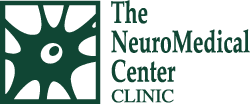A stroke occurs when blood flow to a part of your brain is stoped. Without oxygen and nutrients from the blood, brain cells die quickly. A stroke can damage your brain and can even kill you.
Ischemic Stroke
There are two main kinds of stroke. One is called an “ischemic” stroke. This can happen when a sticky, fatty material called “plaque” builds up in a blood vessel in your brain. Plaque slows your blood flow. It may cause your blood to clot. This can stop the flow of blood completely. This kind of stroke can also happen when a clot travels to your brain from another part of your body, even if you don’t have plaque in your vessels.
Hemorrhagic Stroke
The other kind of stroke is called a “hemorrhagic” stroke. It happens when a blood vessel leaks into your brain, or into the space around your brain.
Risk Factors
People 55 and older have a higher risk of stroke. The risk is higher if a member of your family has had a stroke, and if you are black. Other risk factors include high blood pressure, high cholesterol and heart disease. Stroke is more common in people who have diabetes, who are overweight or who have obstructive sleep apnea. Smoking, heavy alcohol use and illegal drugs raise your risk. So do birth control and hormone medications.
Symptoms
If you are having a stroke you may have aheadache, and often it will come on fast. One side of your face or body may feel weak or numb. You may not be able to move it. You may not be able to lift one arm, or, if you can, you may not be able to hold it up. One side of your face may droop. Your vision may be blurry. You may have nausea. A stroke can cause you to become confused. You may not be able to speak or understand words. You may lose your coordination. Get medical help right
away if you have these symptoms.
Treatment
The NeuroMedical Center offers comprehensive stroke care. Treatment depends on your health and your needs. If your stroke was caused by a blocked artery, medicine may help you. Your neurosurgeon may be able to remove the clot. A narrowed artery can be opened up with a tiny tube-like device called a “stent.” If
your stroke was caused by a leaky blood vessel, you may need medications to help stop it. Surgery may also help fix the leak.
Surviving Stroke
After a stroke, you may have problems with movement, speech, and thinking clearly. You may have emotional and behavioral changes. You may have memory loss, and numbness or pain in parts of your body. These things may go away. Or they
may be permanent. Therapy will be critical to your recovery. The NeuroMedical Center Rehabilitation Hospital specializes in stroke rehabilitation, offering in-house physical medicine & rehabilitation specialists (physiatrists) and specialty-trained physical, occupational, and speech therapists to help you recover after stroke.



